Supply Chain & Business Consulting Services
Together we grow.
Our hands-on approach to procurement, operations, and logistics strategies reduce costs, streamline products and processes, and de-risk your supply chain to deliver an average ROI of 6:1.
We optimize your EBITDA with measurable results that stick. Our unique 100% guarantee of engagement fees is based on annualized savings.
Book a strategic discussion
Talk to a consultant to learn more about our analyses, implementation methods, and expected timelines.

Business Consulting Services
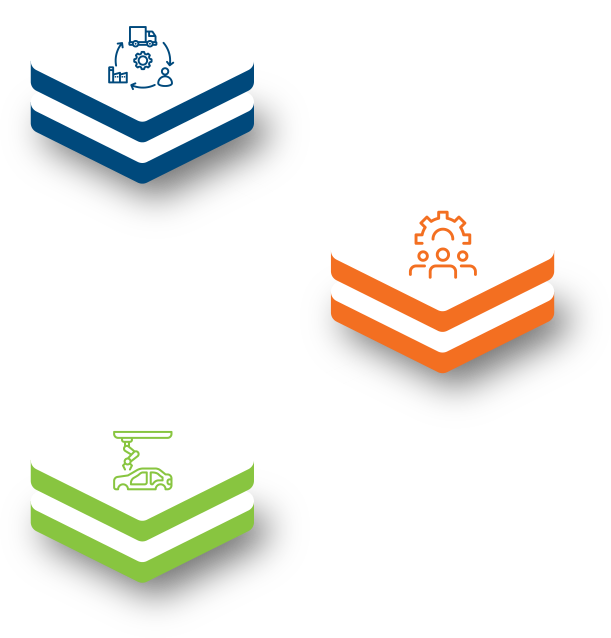
Supply Chain Transformation
We transform your plan-buy-make-move supply chain with strategies tuned to your sustainability, demand planning, cost reduction, and M&A goals while enhancing your competitive position.
Total Value Optimization™
Our areas of expertise begin with Total Value Optimization™ and encompass planning, procurement, operations, and logistics. We analyze, visualize, optimize, and de-risk your end-to-end supply chain.
Leadership & Organizational Improvement
We work hand-in-hand with your teams to bring about changes that stick. Our industry experience includes private equity, aerospace, automobile, consumer goods, retail, energy, chemicals, mining, life science, industrial products, and food.
Global Consulting
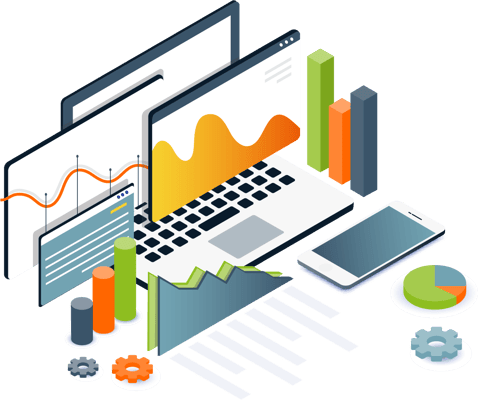
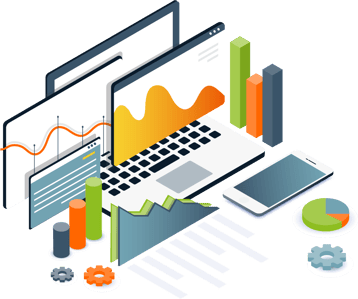
Data-driven Solutions
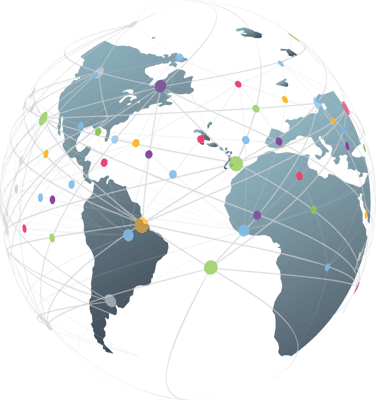
Worldwide Expertise

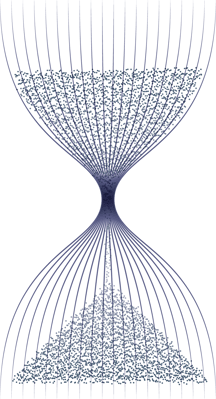

Flexible to your time
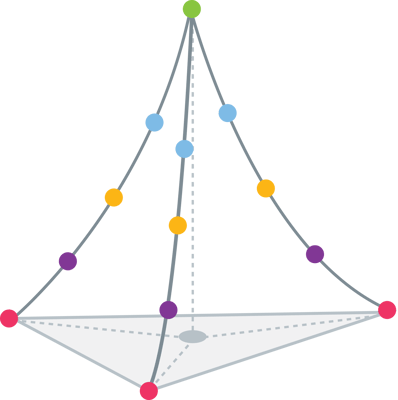
Total Value Optimization
TVO eliminates functional silos, strengthens supply chain management, matures the entire organization, and unlocks value.
Learn more about how we approach every client engagement.
Assess the health of your procurement, logistics, and ops.

What our clients say
“Maine Pointe consultants, working side by side with our team, elevated our competitive edge in the market place and positioned our company to absorb additional work through sales via organic growth or mergers and acquisitions.”
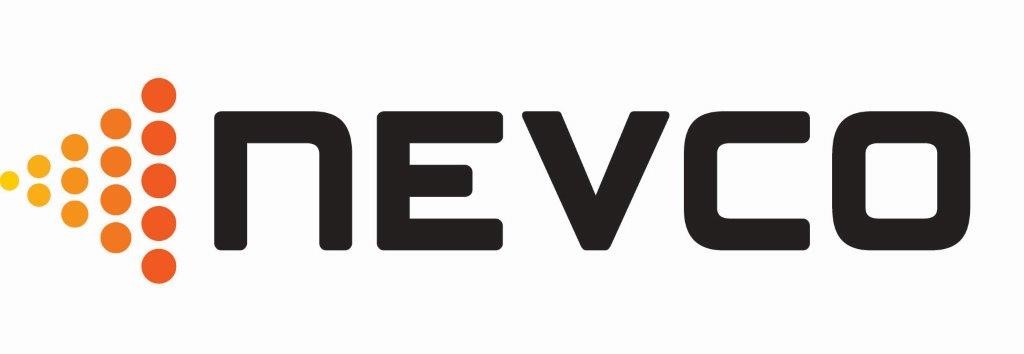
“This initiative has increased our understanding of the competitive dynamics within our supply chain as well as major risks and opportunities, and we are going to leverage this knowledge to create a competitive advantage.”

“The team tailored Maine Pointe's collaborative, integrated TVO approach to the specific needs of each of our diverse business units, identifying opportunities and implementing sustainable growth and savings across our business.”

Sign up for our newsletter now!
Frequently Asked Questions
Supply chain optimization ensures that the right products are available at the right time, in the right quantities, and at the right locations, while minimizing costs and satisfying service level requirements.
Supply chain optimization is a systematic approach to maximizing efficiency through:
- Demand Forecasting: Predict future sales to plan for inventory. Use advanced analytics and machine learning algorithms to help improve the accuracy of these forecasts.
- Inventory Management: Determine the right quantity of goods to keep in stock to meet demand without incurring excessive holding costs.
- Production Scheduling: Plan when and in what sequence goods will be produced to maximize production efficiency while meeting demand.
- Logistics and Distribution: Optimize routes and delivery schedules to ensure goods reach their destinations efficiently.
- Supplier Relationship Management: Nurture relationships with suppliers to ensure a steady supply of raw materials and other goods: negotiate contracts, manage performance, and develop long-term strategic partnerships.
- Procurement and Sourcing: Find the right sources of goods and materials, and ensure the right quality and quantity is available when needed.
- Risk Management: Identify potential disruptions in the supply chain and take steps to mitigate them.
In short, supply chain optimization is a holistic approach that considers every link in the plan-make-by-move supply chain. By identifying and improving weak points in the supply chain, companies reduce costs, improve service levels, and ultimately become more competitive.
Learn more about the end-to-end supply chain with our ultimate guide.
Procurement consulting improves supply chains by analyzing the entire procurement process, identifying inefficiencies, and offering data-driven approaches to optimize the procurement process, such as:
- Cost Reduction: Recommend cost-saving measures, including negotiating better contracts with suppliers, consolidating purchases to leverage volume discounts, and identifying sourcing options that offer better pricing.
- Supplier Management: Identify reliable suppliers, assess their performance, and establish strong supplier relationships to ensure consistent quality and timely deliveries. Help companies make informed decisions about sourcing strategies, product selection, and supplier selection, communications, and negotiations.
- Risk Mitigation: Reduce and eliminate risk by such strategies as diversifying the supplier base, finding ally suppliers, and establishing contingency plans to minimize the impact of potential disruptions.
- Streamlined Processes: Assess existing procurement processes and identify areas for improvement and streamlining, through procurement management systems and technology. Establish key performance indicators (KPIs) and tracking mechanisms,
- Technology Integration: Recommend and implement procurement technologies and software solutions that enhance data visibility and data-based decision-making.
- Internal Communications: Break down silos between procurement, engineering, logistics, and sales; bring procurement into the decision-making process.
Procurement consulting applies industry best practices, enabling businesses to optimize their supply chains, reduce costs, and gain a competitive edge in the market. Procurement consultants show companies how to evaluate and develop supplier relationships that foster innovation, encourage competition, and enhance a company's reputation in the market.
Logistics consulting is a specialized form of management consulting where experts analyze a company's logistics needs and develop strategies to improve efficiency, reduce costs, and enhance customer satisfaction. It may encompass everything from inventory management to transportation and distribution, warehousing, and more.
Here's a more detailed look at what a logistics consultant offers:
- Logistics Strategy: Develop a comprehensive logistics strategy aligned with the business goals of the organization, including strategic sourcing, distribution strategies, and network design.
- Operational Efficiency: Streamline operations, reduce waste, and improve productivity. This could involve process reengineering, lean principles, and implementing best practices.
- Supply Chain Optimization: Analyze the entire supply chain to identify bottlenecks and areas for improvement; optimize inventory levels, improve supplier relations, and better forecast demand.
- Technology Integration: Recommend software and technology to automate logistics processes and improve visibility across the supply chain, including include Warehouse Management Systems (WMS), Transportation Management Systems (TMS), or other supply chain management software.
- Risk Management: Identify potential risks in the logistics processes and suggest ways to mitigate them, including diversifying suppliers, creating contingency plans, or improving security measures.
- Sustainability: Help companies reduce their environmental impact by optimizing transportation routes, reducing energy consumption in warehouses, and more.
- Performance Metrics and KPIs: Identify and monitor key performance indicators (KPIs) to measure the success of logistics activities and identify areas for further improvement.
- Implementation and Change Management: Assist with the implementation of strategies and processes, managing the change process to ensure minimal disruption and maximum acceptance.
Logistics consultants bring industry knowledge, external perspective, and analytical capabilities to help companies optimize their logistics operations. By working with a logistics consultant, companies benefit from improved operational efficiency, cost savings, and ultimately, better customer service.
Operations consulting helps organizations improve their internal operations and business processes, including production, supply chain management, procurement, logistics, product development, and other operational areas.
The aim of operations consulting is to enhance efficiency, productivity, and performance, reduce costs, and improve overall business results through various activities, such as:
- Process Improvement: Examine the organization's current processes to identify inefficiencies, redundancies, or bottlenecks and then propose improvements. Use methodologies such as Lean, Six Sigma, or Business Process Reengineering to achieve results.
- Supply Chain Optimization: Review an organization's supply chain to ensure it is efficient and effective; suggest ways to improve procurement practices, inventory management, logistics, demand planning, and other aspects of the supply chain.
- Operational Strategy: Develop a strategic plan for operations that aligns with the organization's overall business goals. This plan might involve decisions about production locations, make identity (outsourcing vs. in-house), technology investments, and more.
- Cost Reduction: Identify inefficiencies and areas for improvement, operations to help an organization reduce costs, which may encompass streamlining processes, renegotiating supplier contracts, or improving resource utilization.
- Technology Implementation: Recommend and help implement new technologies that can improve operational efficiency, such as ERP systems, automation technologies, AI, or machine learning tools.
- Change Management: Manage the change to new processes or technologies ensure they are accepted and implemented successfully across the organization.
- Performance Metrics and KPIs: Identify and monitor key performance indicators (KPIs) to measure the success of operational improvements.
- Risk Management: Identify potential risks in the operations processes and suggest ways to mitigate them.
Through operations consulting, organizations better align their operations with their business strategy, improve the efficiency and effectiveness of their processes, reduce costs, and enhance their overall performance.
Performance improvement consulting targets the performance, efficiency, and resiliency of an end-to-end supply chain, an individual function within an organization, or an entire company. It involves analyzing, designing, and implementing strategies to reduce costs, increase productivity, drive efficiency, streamline processes, and enhance investor profits and customer satisfaction.
Performance improvement consulting may include:
- Process Analysis: Identify and evaluate individual functions, such as planning, procurement, operations, and logistics, to pinpoint inefficiencies and bottlenecks that can be improved upon. Help to evaluate and integrate mergers and acquisitions (M&A).
- Data Analytics: Provide insights into performance metrics, such as lead times, inventory turnover, cash flow, transportation costs, and on-time delivery rates. Identify growth opportunities, avoid risks, and develop strategies to increase market share.
- Technology Integration: Recommend and integrate advanced technologies like Internet of Things (IoT), artificial intelligence (AI), and blockchain to enhance visibility, traceability, and overall efficiency.
- Risk Management: Assess th
- Leadership and Organizational Improvement (LOI): Enhance collaboration and communication between different stakeholders, including the C-suite, investors, suppliers, manufacturers, distributors, and retailers. Identify
- Financial Management: Improve cash flow management, optimize capital structure, and enhance financial reporting and analysis.
Overall, performance consulting aims to create a lean, agile, and responsive supply chain and company that can adapt to changing market demands and, in the case of portfolio companies, allows investors to invest and exit profitably.
Sustainability consulting assists companies in implementing practices and strategies that promote environmental and social responsibility and economic profitability. Sustainability practices range from reducing carbon footprints and managing resource use to ensuring ethical sourcing and improving corporate social responsibility (CSR).
A sustainability consultant offers:
- Sustainability Strategy Development: Assist in the creation of a comprehensive sustainability strategy that aligns with the company's broader mission and goals. Key strategies include identifying sustainability priorities, setting objectives, and developing plans to achieve them.
- Environmental Impact Assessment: Conduct an analysis to understand the environmental impact of the company's operations, with an assessment of the company's energy use, emissions, waste production, water usage, and more.
- Greenhouse Gas Emissions Reporting: Help quantify greenhouse gas emissions and compile reports in line with international standards. Accurate reporting is important for transparency, regulatory compliance, and identifying opportunities for reduction.
- Sustainability Reporting and Communication: Create sustainability reports, which detail a company's environmental and social impact and help to communicate these efforts to stakeholders.
- Supply Chain Sustainability: Analyze a company's supply chain to ensure it meets environmental and social standards by looking at sourcing practices, labor rights, and the environmental impact of suppliers.
- Energy Efficiency and Renewable Energy: Suggest ways to reduce energy consumption and transition to renewable sources of energy.
- Sustainable Product and Service Design: Help company’s design products or services in a manner that reduces their environmental impact, uses resources efficiently, and can be reused or recycled at the end of their life cycle.
- Regulatory Compliance: Help ensure that a company's practices comply with local, national, and international environmental and social regulations.
- Employee Training and Engagement: Facilitate training sessions to educate employees about sustainability and how to contribute to the company's sustainability goals.
Sustainability consulting helps companies transition to more sustainable operations, which can not only contribute to environmental and social good but also deliver business benefits. Those benefits encompass cost savings from increased efficiency, enhanced brand reputation, improved regulatory compliance, and stronger relationships with stakeholders.
Competitive assessment, also known as competitive analysis or competitor analysis, evaluates and compares a company's products, services, strengths, weaknesses, and market position against those of its competitors. A competitive assessment identifies opportunities and formulates strategies to gain advantages in the marketplace.
A competitive assessment typically includes:
- Competitor Identification: Understand who the direct and indirect competitors are in the industry or market segment. Collecting relevant data about competitors, including their products, services, pricing, marketing strategies, target audience, market share, financial performance, and overall business strategy.
- Data Analytics: Analyze the company and its competitors for, among other data, strengths, weaknesses, opportunities, and threats; pricing strategy; marketing, branding, and market position; and how the company's offerings stand out from competitors.
- Customer Feedback: Examining customer reviews, feedback, and complaints about the company and its competitors to identify areas of improvement.
- Industry Trends: Keep track of industry trends, technological advancements, and changes in customer preferences to stay ahead of the competition.
By conducting a thorough competitive assessment, businesses develop effective strategies to succeed in their markets and refine their business plans to account for the competitive landscape.
- Aerospace & Defense
- Agriculture
- Automotive
- Chemicals
- Consumer Goods
- Energy
- Food
- Industrial Products
- Life Sciences
- Mining
- Mobility
- Private Equity
- Retail
Maine Pointe typically works with companies with revenues of over $150 million. As well as most companies that are owned by or have a major stake from a private equity firm.
Timelines for projects with supply chain and operations consulting firms can run anywhere from 16-week sprints to 40 week company overhauls.
The timeline varies depending on the scope of the project: functional areas to address, number of domestic or global locations, number of employees to train, and the amount of processes to analyze and overhaul.
SGS Maine Pointe moves beyond reports to ensure the success of your project with a four-pronged approach:
- Analysis
- Implementation
- Transition
- Lasting results
SGS Maine Pointe consultants begin with a discovery phase with a deep emphasis on data analytics and A.I. We analyze risks, uncover hidden opportunities, and let you know in advance the ROI we expect from each initiative.
We meet challenges and hurdles as they occur, to ensure the smoothest possible transition to new technologies, processes, and systems.
To ensure lasting results, we are available to you on call. We are so confident of our approach that we offer a 100% guarantee of engagement fees based on annualized savings.
Global scope and experience

98,000+
Employees worldwide
140
Countries
2,600+
Offices & Labs
25
Average years of industry experience per consultant




